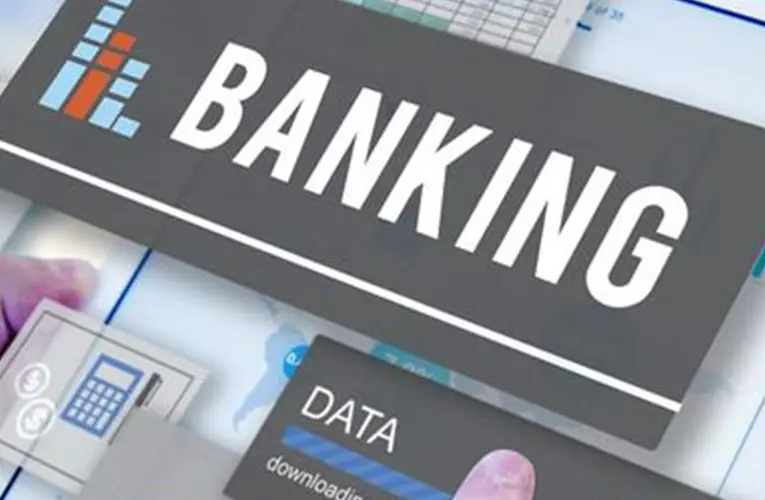“Unlocking Knowledge: How Online Courses Are Revolutionizing Education”
**Introduction**
In the digital age, the landscape of education is undergoing a profound transformation, propelled by the advent of online courses. This exploration delves into the multifaceted impact of online education, dissecting its evolution, advantages, challenges, and implications for learners, educators, and institutions alike. From the democratization of knowledge to the redefinition of traditional educational paradigms, this study aims to illuminate the revolutionary potential of online courses in reshaping the future of learning.
—
**Chapter 1: The Rise of Online Education**
*From Correspondence Courses to Massive Open Online Courses (MOOCs)*
Tracing the origins of online education, this chapter examines its evolution from early experiments in distance learning to the global phenomenon of MOOCs. Explore how technological advancements and changing learner preferences have driven the proliferation of online courses across diverse disciplines and educational levels.
—
**Chapter 2: Accessibility and Inclusivity**
*Breaking Down Barriers to Learning*
Online courses have democratized access to education, making learning opportunities more accessible to learners worldwide. This chapter investigates how online platforms bridge geographical, financial, and societal gaps, empowering individuals from diverse backgrounds to pursue lifelong learning and professional development.
—
**Chapter 3: Pedagogical Innovations**
*New Approaches to Teaching and Learning*
Beyond conventional classroom settings, online education fosters innovative pedagogical approaches tailored to diverse learning styles and preferences. This chapter explores the gamification of learning, personalized learning pathways, and adaptive technologies that enhance engagement and improve educational outcomes.
—
**Chapter 4: Challenges and Considerations**
*Navigating the Digital Learning Landscape*
While online education offers unprecedented opportunities, it also presents challenges such as digital divide issues, concerns about academic integrity, and the need for robust support structures. This chapter examines the complexities of ensuring quality assurance, student support, and equitable access in the online learning environment.
—
**Chapter 5: Industry and Workforce Impacts**
*Preparing Learners for the Future of Work*
The integration of online courses into formal education and professional development has transformed how industries and employers perceive qualifications and skills acquisition. This chapter analyzes the role of online education in meeting evolving workforce demands, fostering lifelong learning, and enhancing career readiness.
—
**Chapter 6: The Future of Online Education**
*Innovative Trends and Emerging Technologies*
Looking ahead, this concluding chapter explores promising trends in online education, such as virtual reality (VR) simulations, artificial intelligence (AI) in personalized learning, and the potential of blockchain technology for credentialing. Reflect on how these advancements may further revolutionize the educational landscape and redefine the boundaries of knowledge acquisition.
—
**Conclusion**
As the digital revolution continues to unfold, online courses emerge as catalysts for transformative change in education, unlocking new pathways to knowledge and skills acquisition. *Unlocking Knowledge: How Online Courses Are Revolutionizing Education* invites readers to envision a future where learning transcends physical boundaries, empowering learners worldwide to thrive in a rapidly evolving globalized society.
—
**References**
*A comprehensive bibliography documenting sources referenced throughout the exploration, providing avenues for further exploration and research.*










